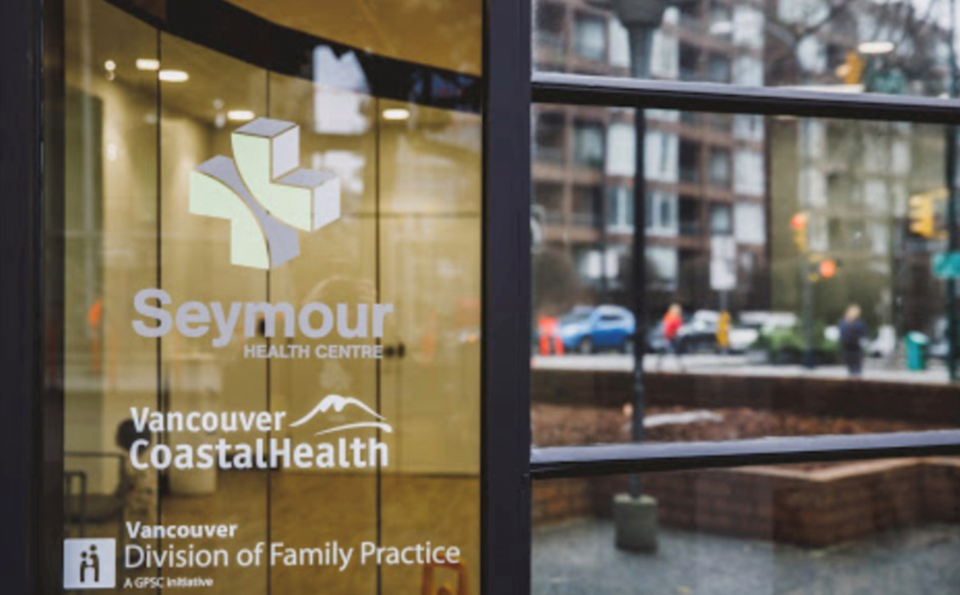Green Party of BC leader Sonia Furstenau says the Ministry of Health should intervene in an ongoing lawsuit by Vancouver Coastal Health (VCH) against the province’s largest Urgent and Primary Care Centre (UPCC).
“We are in the midst of a health-care crisis. It’s quite astonishing that the provincial government is taking steps to undermine the patient care that is happening in this facility. Vancouver Coastal Health and the Ministry of Health should be working with Seymour Health to reach an agreement that ensures uninterrupted delivery of care to patients,” stated Furstenau, after touring Vancouver’s City Centre UPCC, operated by Seymour Health Centre Inc.
At issue is the $6.8 million Seymour Health owes VCH, the regional health authority, in unpaid sublease and loan payments in relation to three clinics it runs, including the UPCC on Hornby Street, which opened in 2018.
The health authority’s bid to put Seymour Health in receivership heads to a hearing on Friday at B.C. Supreme Court.
But Seymour Health claims in a lawsuit against VCH, the Medical Services Commission and the B.C. government that its ability to function was effectively undermined by the province’s unwillingness to license its ancillary services, including X-ray, ultrasound and laboratory facilities, which it owns.
The lack of licensing has put the private clinic under financial stress, leading to its owners to cover operations with personal loans, the company claims. Seymour Health wrote in its legal filings that the committee and the commission “had become subject to ‘regulatory capture’: no provider of ancillary services would welcome the addition of Seymour Health as a new competitor.”
Because Seymour Health hasn’t been able to obtain licences for the facilities, it hasn’t been able to bill MSP for the services, leading to its inability to pay off its debt.
Seymour Health’s medical director Dr. Eric Cadesky said it costs $2.1 million per year to provide medically necessary tests and in return VCH only gives the company $180,000. Cadesky said the company's amassed $10 million in debt for medically necessary tests "while waiting for promised funding."
The company claims the UPCC cares for about 100,000 patients whereas VCH says it sees about 70,000 patients.
The purpose of the UPCC is to direct patients away from overburdened hospitals. But without licences to run services (and be paid for them by the government), patients are having to turn elsewhere, noted Cadesky.
“Rather than resorting to court action, the Ministry of Health should meet their obligation of facilitating diagnostic billing licences. More so, this model of care should be replicated, not squashed, if we have any hope of escaping from the current health-care crisis,” said Furstenau.
While Furstenau has been critical of government decisions to lean on private health-care service providers, such as Telus digital services, she said Seymour Health differs in that patients are not charged out-of-pocket.
“The difference between what I would consider the private delivery of health care is, you would be charging patients to access care privately. But that is not what is happening here; this is all covered by MSP (Medical Services Plan). Patients, just like at any other doctor’s office, are covered by MSP,” Furstenau told Glacier Media.
“This UPCC is delivering high quality, preventative primary care and in doing so, saving the province money,” added Furstenau.
At the time of opening, the $7-million contract handed to Seymour Health for the UPCC was viewed by critics, such as the Canadian Centre for Policy Alternatives, as a Trojan Horse of sorts for a more powerful private medical lobbying industry in B.C.
Glacier Media has sought comment from the ministry on its intentions in handling the disputes.
With files from Business in Vancouver



